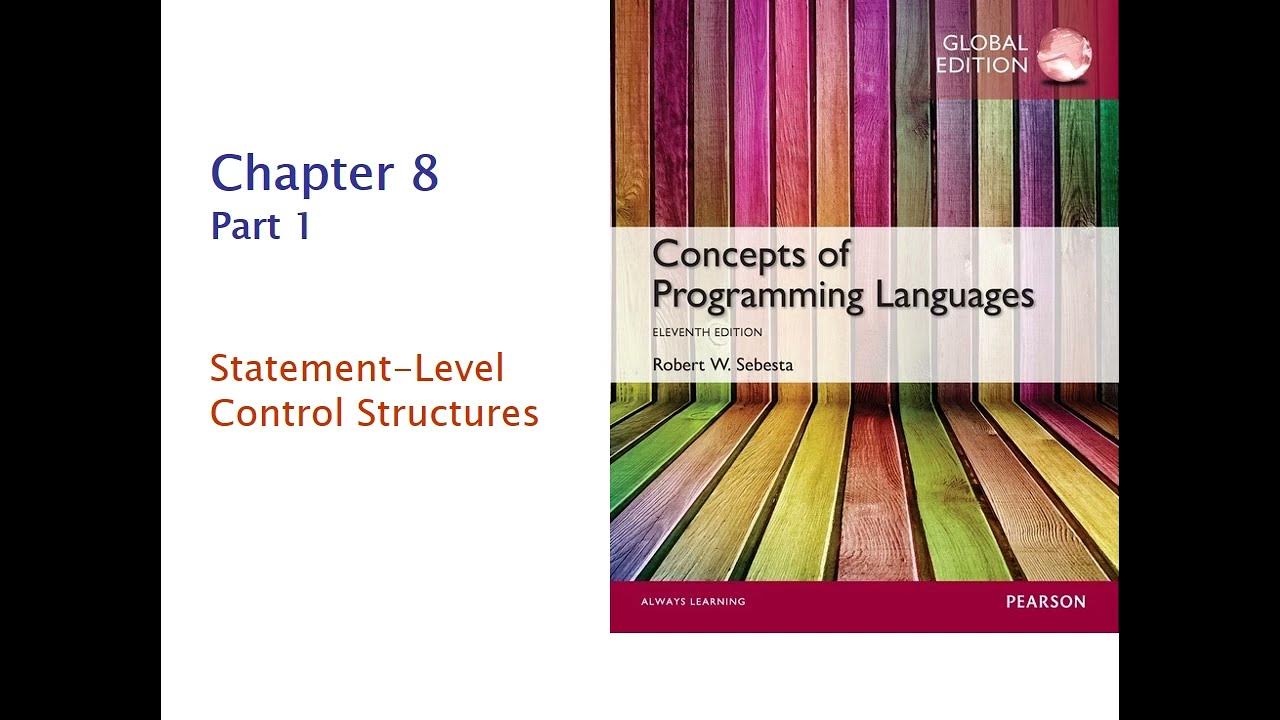err != nil Is GOOD? (And Why)
Summary
TLDRThe speaker discusses the common misconceptions around error handling in programming languages, specifically comparing JavaScript and Go. They argue that while Go requires explicit error handling, which may seem tedious, it leads to more reliable code. JavaScript, on the other hand, often hides errors, resulting in potential unhandled exceptions and lower reliability. The speaker emphasizes the importance of recognizing language weaknesses and considering error handling as a crucial part of programming, rather than dismissing it as annoying.
Takeaways
- 😕 The speaker is addressing a common frustration with error handling in JavaScript, particularly when comparing it to Go's approach.
- 🔍 They introduce a hypothetical JavaScript scenario with async functions 'Foo' and 'Bar' to illustrate the point.
- 🤔 The speaker suggests that while Go's error handling might seem cumbersome, it encourages developers to think about potential errors upfront.
- 👎 The script points out that JavaScript's error handling can be more frustrating due to its implicit nature, often leading to overlooked errors.
- 📝 The transcript discusses the technical differences in how Go and JavaScript handle errors, with JavaScript requiring additional checks for null or undefined values.
- 🛠️ The speaker emphasizes the importance of proper error handling in JavaScript to avoid runtime issues like unhandled promise rejections.
- 🤖 The comparison between Go and JavaScript is used to highlight that error handling, while annoying, is crucial for reliable code.
- 😌 The speaker disagrees with the common sentiment that Go's error handling is bad, arguing that it's just more explicit about potential issues.
- 📈 They mention that JavaScript services often have lower reliability due to insufficient error handling practices.
- 🌐 The script touches on the broader topic of programming language design and how it influences developer habits and code reliability.
- 📚 The speaker concludes by encouraging developers to recognize the weaknesses of the languages they use and to program with awareness of those limitations.
Q & A
What is the main topic of the video script?
-The main topic of the video script is the comparison of error handling in JavaScript and Go, with a focus on the challenges and perceptions of error handling in these languages.
What does the speaker suggest about error handling in Go?
-The speaker suggests that Go's error handling is often criticized as being verbose and annoying, but it forces developers to think about potential errors upfront, which can lead to more reliable code.
What is the speaker's view on JavaScript error handling?
-The speaker believes that JavaScript error handling is often overlooked or 'hidden', leading to less reliable services and more difficulty in correctly programming, especially when handling all error conditions.
What is the issue with JavaScript's 'await' keyword as discussed in the script?
-The issue with JavaScript's 'await' keyword is that it can throw an error at any point, and developers may not always handle these errors, leading to potential runtime issues.
Why does the speaker find the process of error handling in JavaScript tedious?
-The speaker finds JavaScript error handling tedious because it often requires additional code for error checks and handling, which can complicate the flow of the code and the function signatures.
What is the speaker's opinion on Rust's error handling?
-The speaker appreciates Rust's error handling, mentioning that its use of the Result object and the monadic approach to results allows for more flexibility and better error management.
What is the 'process.unhandledRejection' mentioned in the script?
-'process.unhandledRejection' is an event in Node.js that is emitted when a Promise is rejected and no error handler is attached to it, indicating an unhandled error scenario.
What does the speaker mean by 'raw dog Jon parse'?
-The phrase 'raw dog Jon parse' is a colloquial and humorous way of saying that many developers parse JSON without handling potential errors, which is not a good practice.
What is the speaker's advice regarding comparing error handling across different programming languages?
-The speaker advises not to quickly dismiss another language's error handling as bad just because it looks worse at first glance. Instead, understand the differences and recognize the weaknesses in each approach.
Why does the speaker still write TypeScript despite the issues discussed?
-The speaker acknowledges the weaknesses of TypeScript but continues to use it because they recognize its benefits and are aware of its limitations, allowing them to program effectively.
What is the speaker's final message about error handling in programming?
-The speaker's final message is that error handling is an essential part of programming that should not be ignored or considered annoying. It is better to handle errors upfront to ensure more reliable and robust code.
Outlines

This section is available to paid users only. Please upgrade to access this part.
Upgrade NowMindmap

This section is available to paid users only. Please upgrade to access this part.
Upgrade NowKeywords

This section is available to paid users only. Please upgrade to access this part.
Upgrade NowHighlights

This section is available to paid users only. Please upgrade to access this part.
Upgrade NowTranscripts

This section is available to paid users only. Please upgrade to access this part.
Upgrade Now5.0 / 5 (0 votes)





